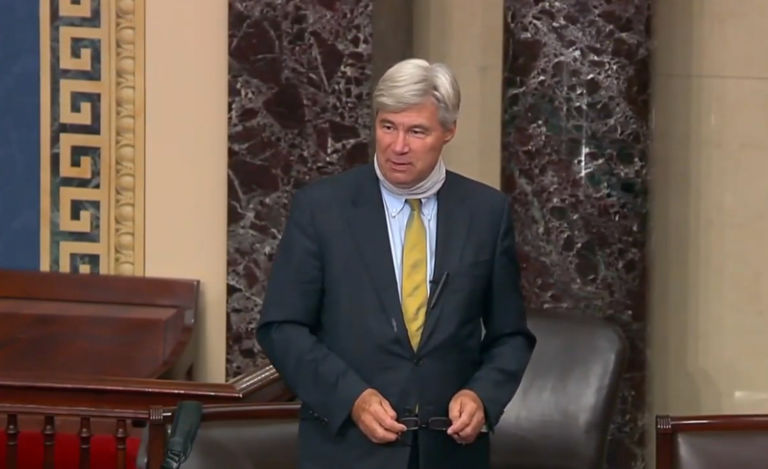North Carolina lawmakers have been focusing on regulatory reform for the past six years, and they’re already considering more positive changes. (That includes the possibility of exposing every state rule to a thorough review.)
If they’re looking for ways to proceed with additional reforms, James Broughel of the Mercatus Center at George Mason University offers some ideas.
Broken regulatory procedures result in rules that address nonexistent problems, that impose costs out of proportion to the benefits produced, or that overlook simpler, lower-cost solutions that would achieve similar outcomes. Poor procedures also create incentives for the regulatory code to grow without limit, which can impede innovation and slow economic growth.
Policymakers who are concerned about slow economic growth in their state, who worry about the tendency for policies and programs to consume more and more resources and become ever more complex over time, or who believe that regulations too often waste scarce taxpayer resources without solving pressing societal problems should consider the potential benefits of reforming regulatory procedures in their states. Regulatory reforms may be relatively easy to achieve politically as well, making them low-hanging fruit compared with tax or spending changes that can require making difficult budgetary choices or facing angry constituent groups.


